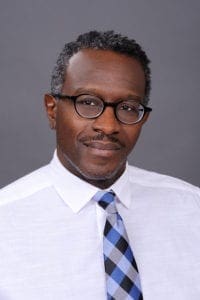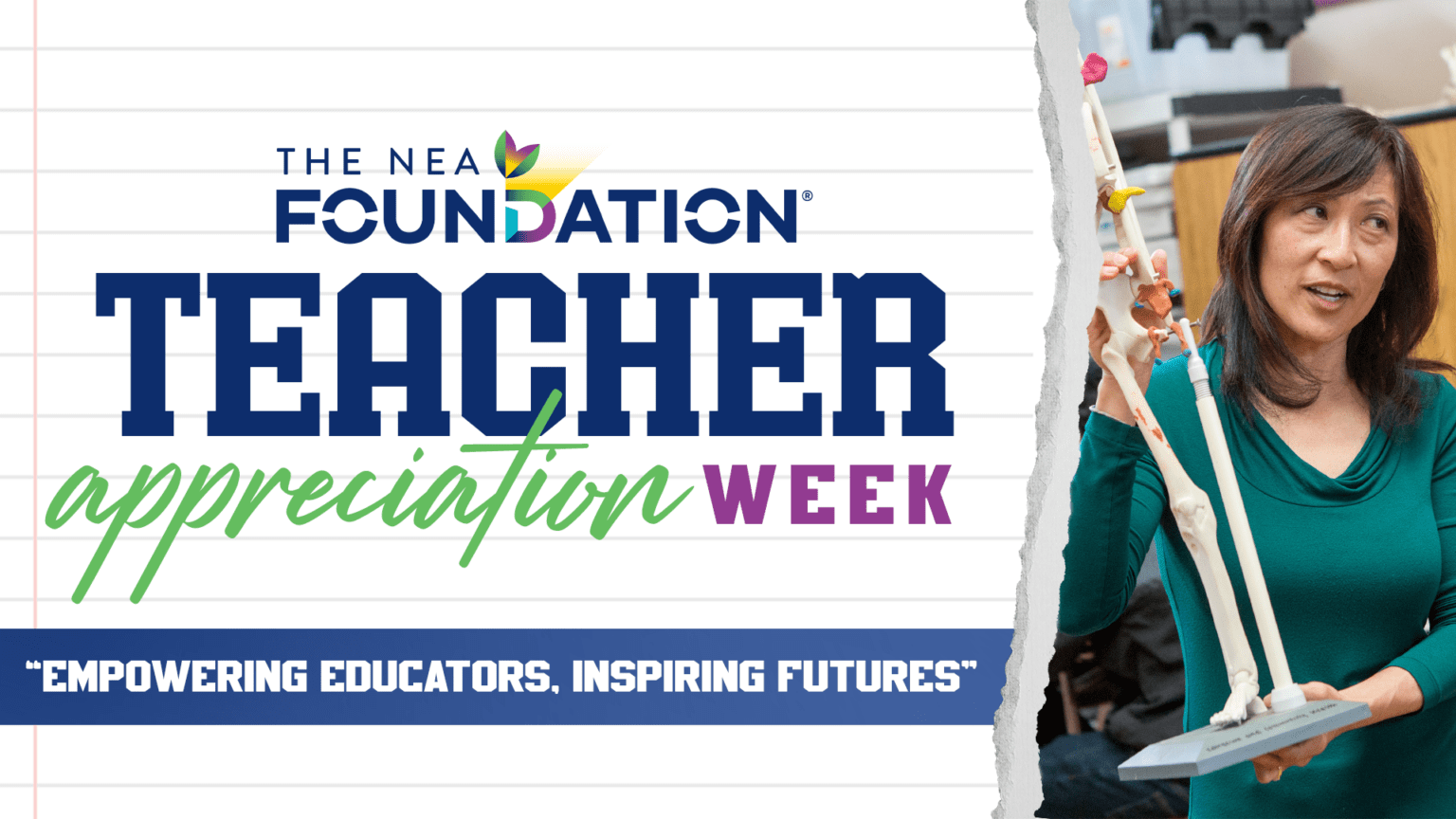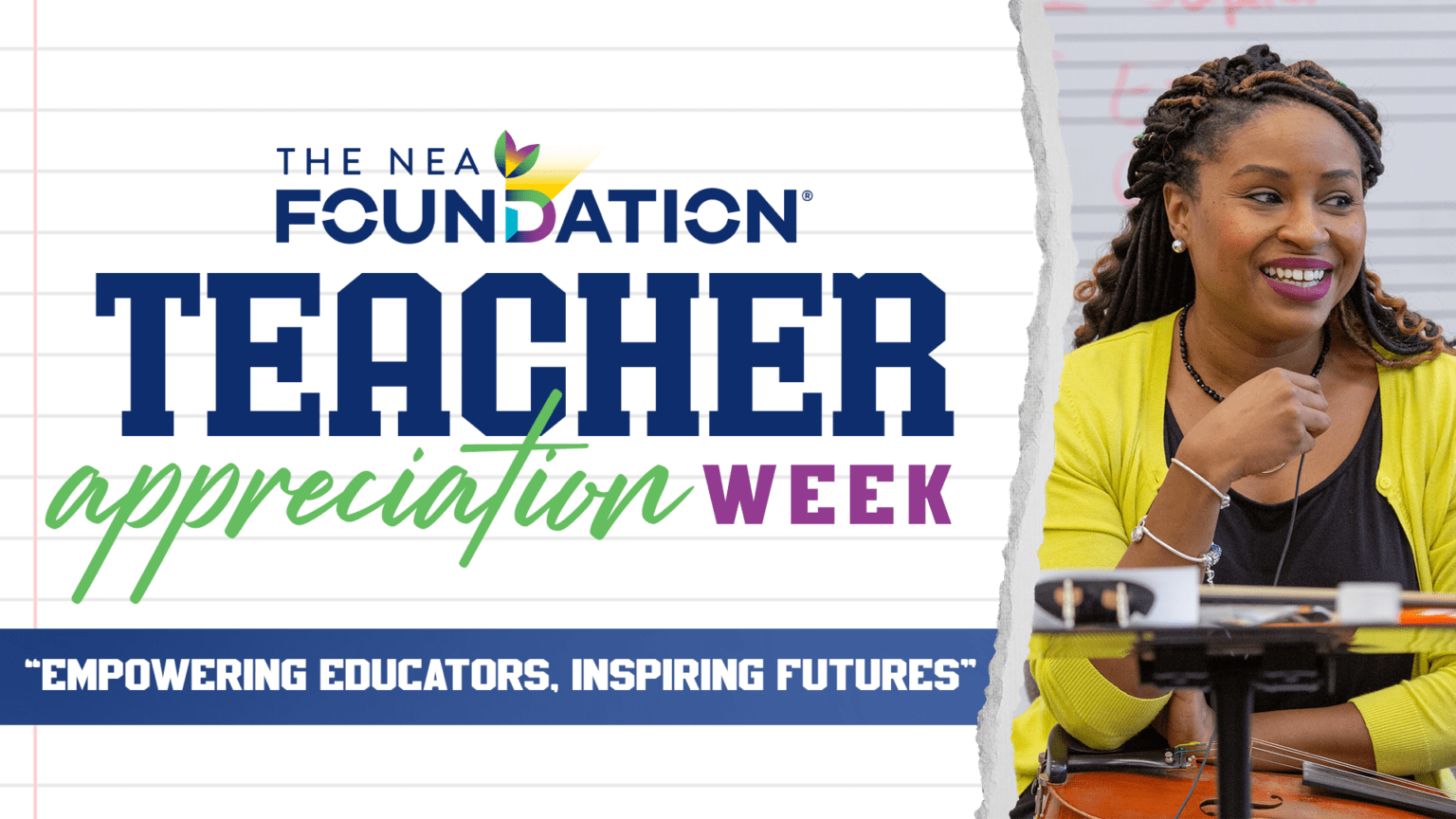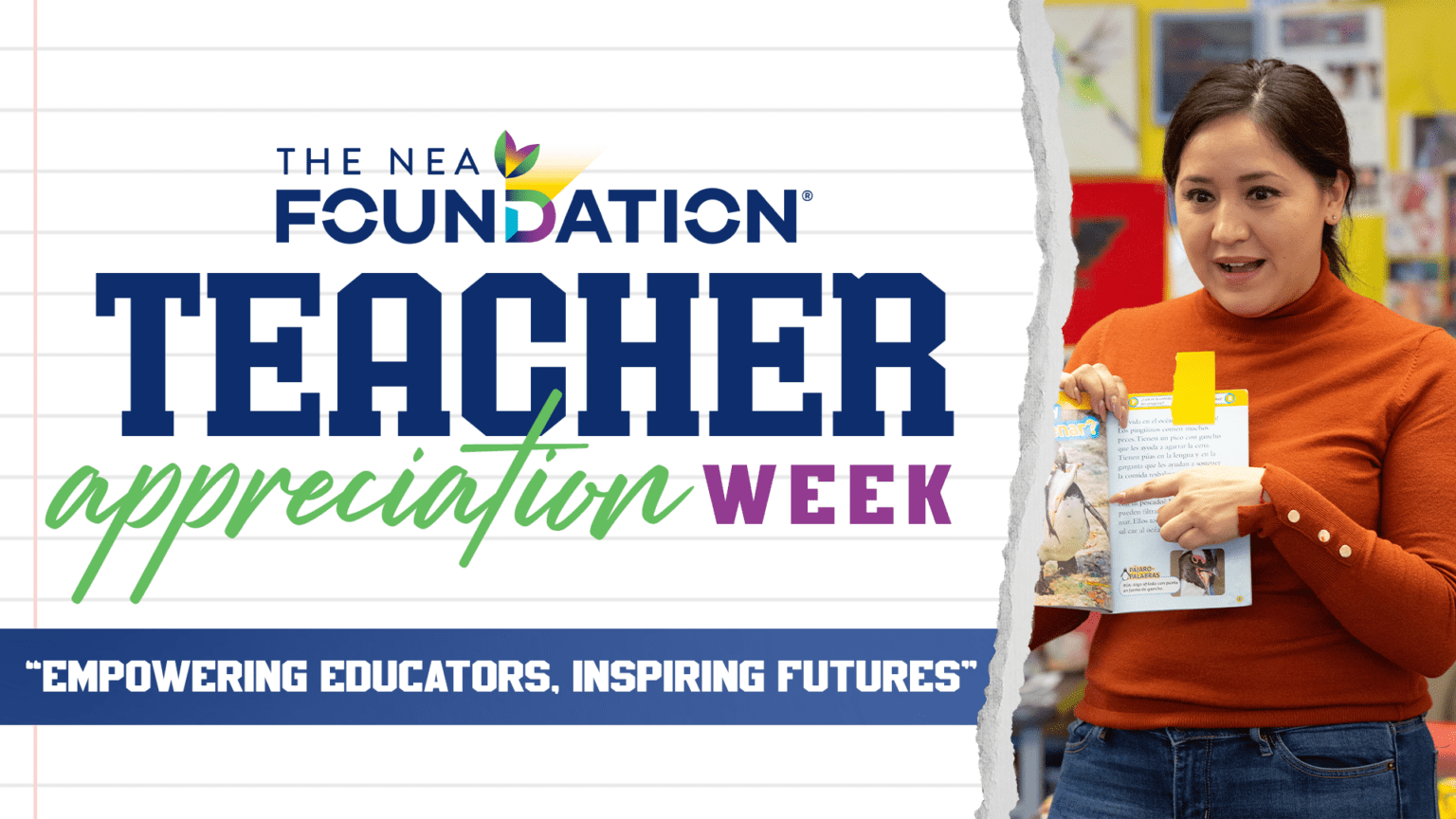Great educators have great stories. This series gives a glimpse of the ideas, practices, and experiences of the recipients of the NEA Foundation’s California Casualty Awards for Teaching Excellence. Today, we’re sharing the words of Michael Pope, an 8th grade science educator at Zama American Middle School in Camp Zama, Japan, Armed Forces Pacific.

Teaching excellence involves so much more than just a stellar lesson plan or a dynamic lab activity. It means meeting the needs of the individual students and allowing them to re-evaluate their learning and celebrate their triumphs and the obstacles they have successfully navigated.
At the start of the school year, I inform students that my teaching is cyclical. We will revisit every topic again in the form of a standards-based test. In my class, students have to explain their understanding and try to find and make connections with past or future learning.
As the year progresses, students moan and groan, and I see many students struggling to make connections and explain themselves, but by the end of the year, sooner for some, it all clicks, and most can eloquently explain their understanding while making meaningful connections.
Our story comes to an end during the month of June when we have our annual celebration of individual learning, which allows all students to share with their peers the obstacles they have overcome, learning and study skills they have added to their toolbox, and connections they have made to future learning and potential career or college pursuits.
For the 15 years I have been using this approach, I have seen much success for all students, from my struggling English language learners all the way up to my gifted education students.
Meet more of the 2018 NEA Foundation awardees here. Learn more about the NEA Foundation’s Awards for Teaching Excellence criteria and nominations process.












